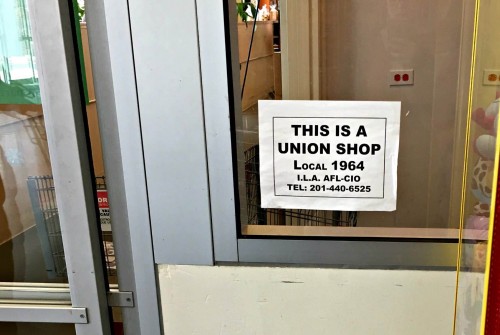This July 4th, PBS viewers in the DC metro area were outraged to be reminded of the fact that they were watching television.
It’s actually not quite that simple, though it’s fun to phrase it that way. Here’s what happened: this past Monday was an extremely muggy and cloudy one in our neck of the woods; in other words, not at all the idea climatic conditions for a fireworks display. PBS, in something of a bind regarding how to maximize the spectacle for its live broadcast of the Independence Day celebration in front of the White House, elected to include archival footage of past fireworks displays with its live broadcast of the currently-happening fireworks.
People were displeased.









